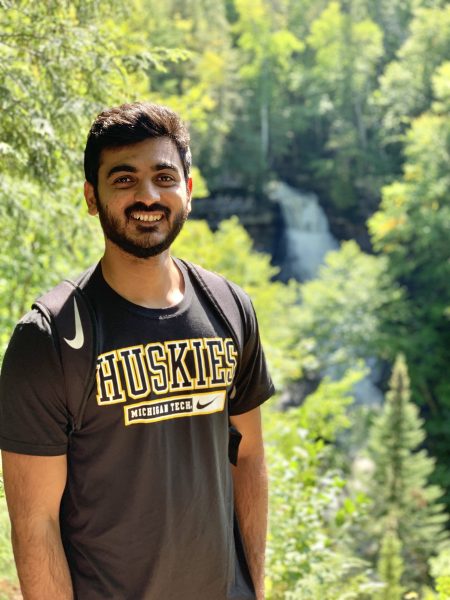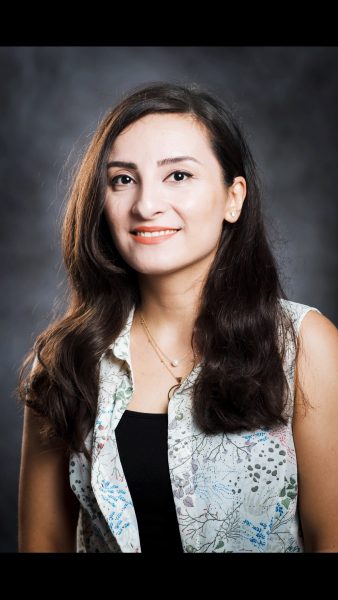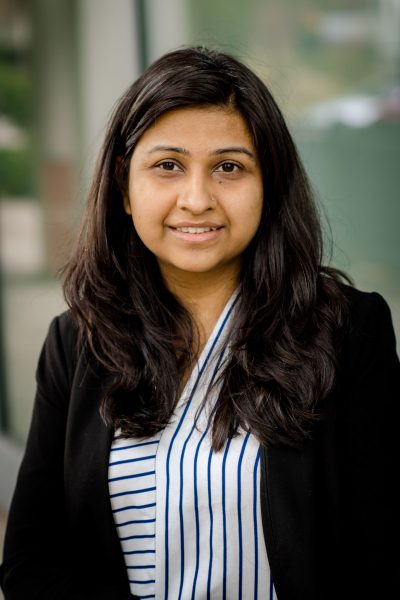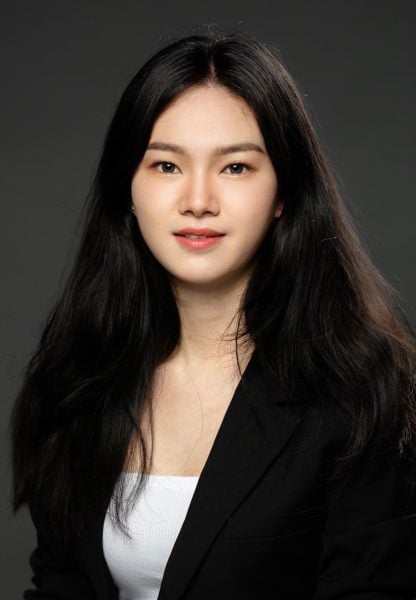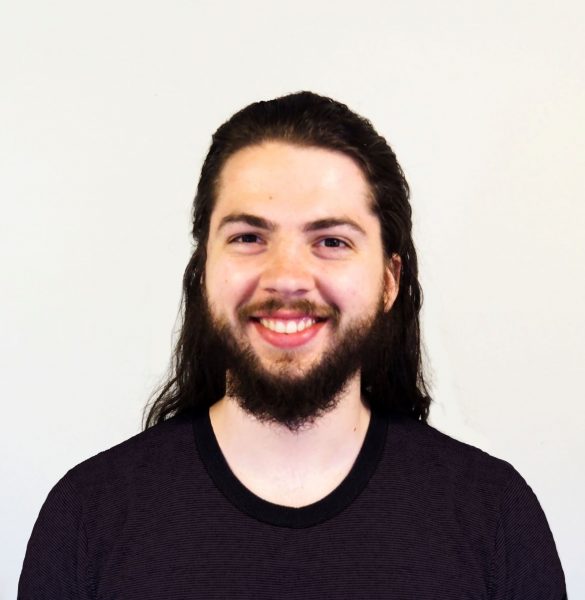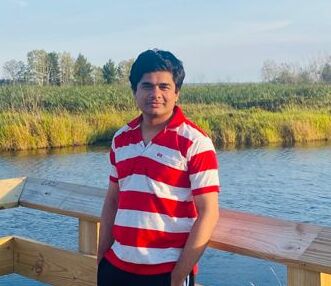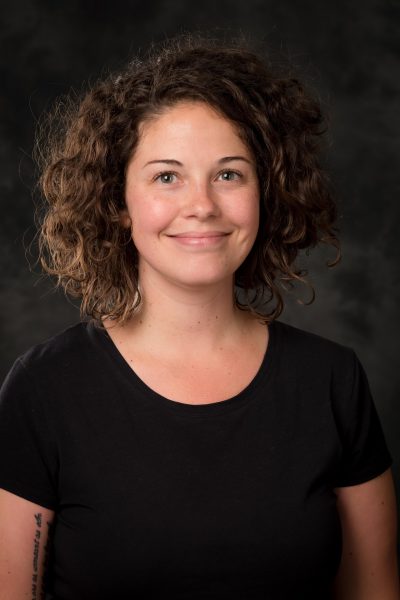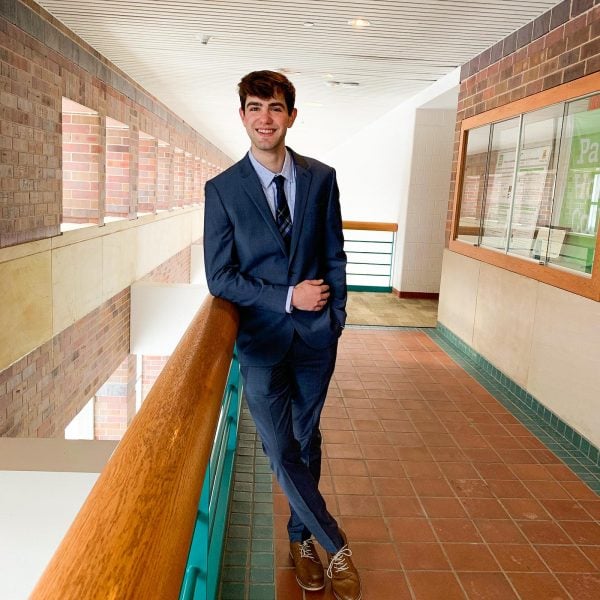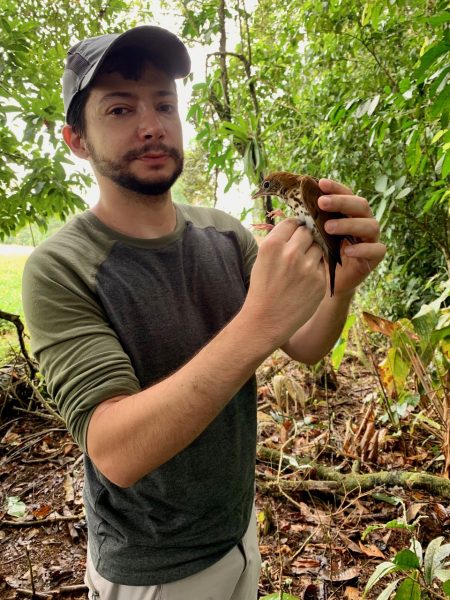I began my doctoral research in the Department of Biological Sciences at Michigan Technological University in the Spring of 2018. Before joining MTU, I obtained my B. Engg in Biotechnology from Mumbai University, India, in 2017. I worked in Dr. Dibyendu Sarkar’s lab at Stevens Institute of Technology, NJ, in the Fall of 2017.
I was fortunate to work with Dr. Rupali Datta from the beginning of my Ph.D. My dissertation focuses on three aspects of arsenic-contaminated soil – investigating the effect of soil-Arsenic on human health, developing a technique to reduce the Arsenic accumulation in rice grains, and exploring plant-microbe interaction in an arsenic-contaminated environment.
I also had the opportunity to work on other projects like the Lead phytoremediation funded by the Housing and Urban Department and health risk estimation due to toxic metal accumulation in wild rice.
I would like to thank my advisor, Dr. Rupali Datta, for her support and guidance. I would also like to thank the Graduate Dean Awards Advisory Panel for awarding me the finishing fellowship. This award will allow me to focus my efforts on completing my dissertation document and preparing for my defense.
